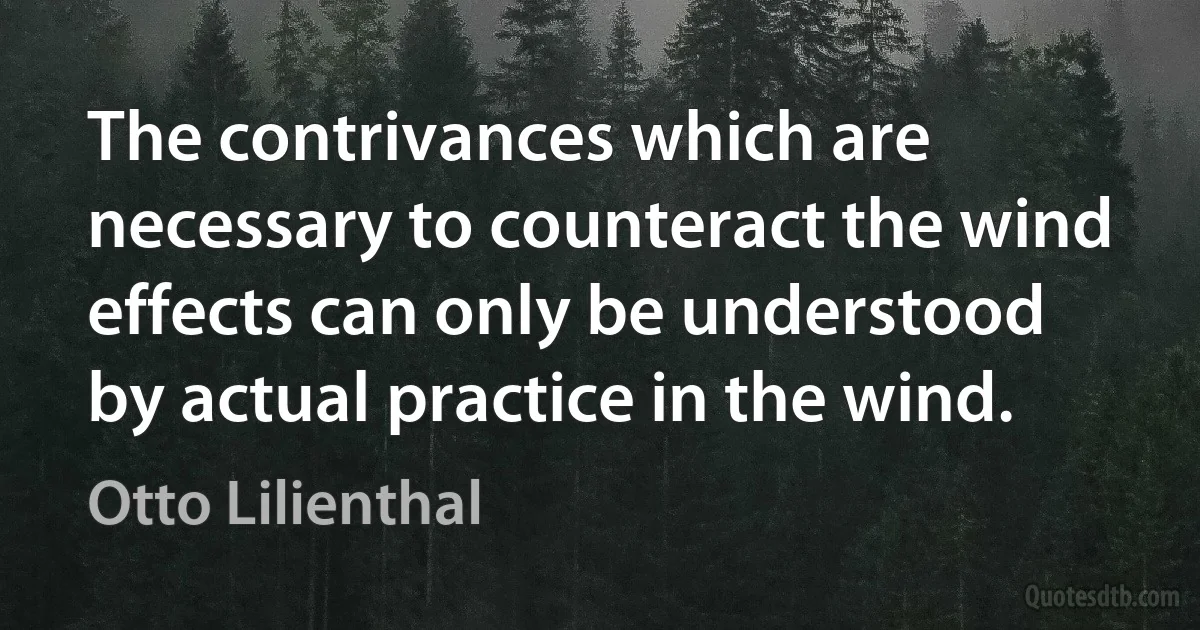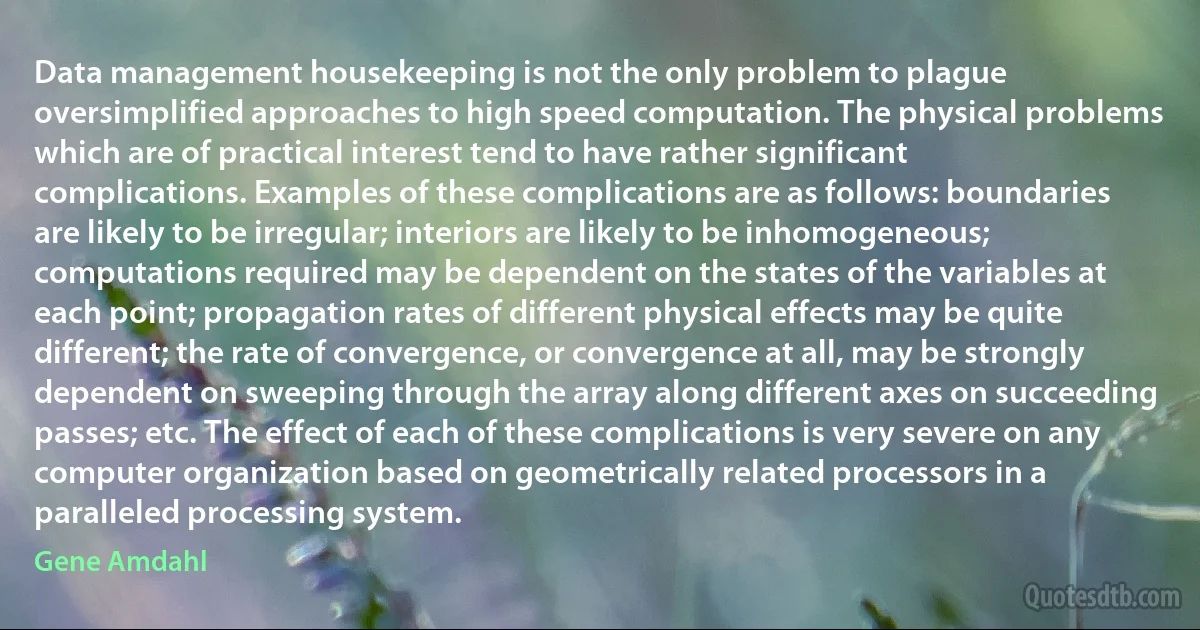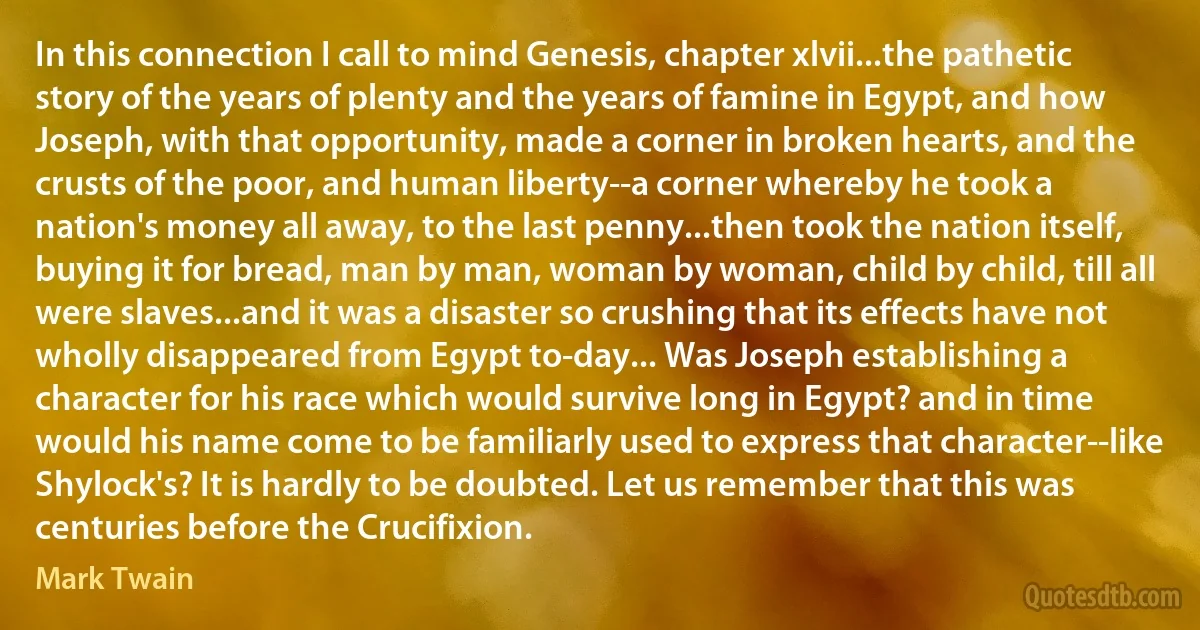Effects Quotes - page 19
When we ask ourselves by what means a certain moral level can be maintained in a human or animal society, we find only three such means: the repression of anti-social acts; moral teaching; and the practice of mutual help itself. And as all three have already been put to the test of practice, we can judge them by their effects.
As to the impotence of repression - it is sufficiently demonstrated by the disorder of present society and by the necessity of a revolution that we all desire or feel inevitable. In the domain of economy, coercion has led us to industrial servitude; in the domain of politics - to the State, that is to say, to the destruction of all ties that formerly existed among citizens, and to the nation becoming nothing but an incoherent mass of obedient subjects of a central authority.

Peter Kropotkin
I had by this time heard a number of his public speeches and was beginning to understand the pattern of their appeal. The first secret lay in his choice of words. Every generation develops its own vocabulary of catchwords and phrases, and these date thoughts and utterances. My own father talked like a contemporary of Bismarck, the people of my own age bore the stamp of Wilhelm II, but Hitler had caught the casual camaraderie of the trenches, and without stooping to slang, except for special effects, managed to talk like a member of his audience. In describing the difficulties of the housewife without enough money to buy the buy the food her family needed in the Viktualien Market he would produce just the phrases she would have used herself to describe her difficulties, if she had been able to formulate them. Where other national orators gave the painful impression of talking down to their audience, he had his priceless gift of expressing exactly their own thoughts.

Ernst Hanfstaengl
We tend today to exaggerate the effectiveness of persuasion as a means of inculcating opinion and shaping behavior. ...Actually the fabulous effects ascribed to propaganda have no greater foundation in fact than the fall of the walls of Jericho ascribed to the blast of Joshua's trumpets.

Eric Hoffer
In which the technical apparatus of production and distribution (with an increasing sector of automation) functions, not as the sum-total of mere instruments which can be isolated from their social and political effects, but rather as a system which determines a priori the product of the apparatus as well as the operations of servicing and extending it. In this society, the productive apparatus tends to become totalitarian to the extent to which it determines not only the socially needed occupations, skills, and attitudes, but also individual needs and aspirations. It thus obliterates the Opposition between the private and public existence, between individual and social needs.

Herbert Marcuse
How do I produce the effects which I obtain from the piano? ... In answer I would say I produce them by listening, criticizing, judging-working over the point, until I get it as I want it. Then I can reproduce it at will, if I want to make just the same effect; but sometimes I want to change and try another.

Wilhelm Backhaus
In the Platonic dialectic, ... the terms "Being” "Non-being” "Movement,” "the One and the Many” "Identity” and "Contradiction” are methodically kept open, ambiguous, not fully defined. They have an open horizon, an entire universe of meaning which is gradually structured in the process of communication itself, but which is never closed. The propositions are submitted, developed, and tested in a dialogue, in which the partner is led to question the normally unquestioned universe of experience and speech, and to enter a new dimension of discourse - otherwise he is free and the discourse is addressed to his freedom. He is supposed to go beyond that which is given to him - as the speaker, in his proposition, goes beyond the initial setting of the terms. These terms have many meanings because the conditions to which they refer have many sides, implications, and effects which cannot be insulated and stabilized.

Herbert Marcuse
Nature has placed mankind under the governance of two sovereign masters, pain and pleasure. It is for them alone to point out what we ought to do, as well as to determine what we shall do. On the one hand the standard of right and wrong, on the other the chain of causes and effects, are fastened to their throne. They govern us in all we do, in all we say, in all we think: every effort we can make to throw off our subjection, will serve but to demonstrate and confirm it. In words a man may pretend to abjure their empire: but in reality he will remain subject to it all the while. The principle of utility recognizes this subjection, and assumes it for the foundation of that system, the object of which is to rear the fabric of felicity by the hands of reason and of law. Systems which attempt to question it, deal in sounds instead of sense, in caprice instead of reason, in darkness instead of light.

Jeremy Bentham
Strictly speaking, the word hypnotism should be reserved only for those patients who actually fall into a state of sleep, and who forget upon awakening all that occurred during this state. When this is lacking, it is a question merely of reverie or dreaming. It would therefore be apposite to establish a terminology, characterising these modifications which result from the hypnotic process; indeed, with regard to those conditions resistant to ordinary medication and suitable for cure by hypnotism, hardly one patient in ten arrives at the unconscious stage of sleep (at least for the whole duration of the process). The word "hypnotism” can then lead them into error and make them believe that they do not benefit in any way from a process of which the characteristic and obvious effects do not appear to be those that the name [i. e., "hypnotic sleep"] indicates.

James Braid
In the universe where everything works the way it common-sensically ought to, everything about the study of Artificial General Intelligence is driven by the one overwhelming fact of the indescribably huge effects: initial conditions and unfolding patterns whose consequences will resound for as long as causal chains continue out of Earth, until all the stars and galaxies in the night sky have burned down to cold iron, and maybe long afterward, or forever into infinity if the true laws of physics should happen to permit that. To deliberately thrust your mortal brain onto that stage, as it plays out on ancient Earth the first root of life, is an act so far beyond "audacity" as to set the word on fire, an act which can only be excused by the terrifying knowledge that the empty skies offer no higher authority.

Eliezer Yudkowsky
I have invented [c. 1915-1916] a new series of verses, verses without words, or sound poems, in which the balancing of the vowels is gauged and distributed according to the value of the initial line... With these sound poems we should renounce language, devastated and made impossible by journalism. We should withdraw into the innermost alchemy of the word, and even surrender the word, thus conserving for poetry its most sacred domain. We should refuse to make poems second-hand; we should stop taking over words (not to mention sentences) which we did not invent entirely anew for our own use. We should no longer be content to achieve poetic effects which, in the final analysis, are but echoes of inspiration..

Hugo Ball
Godzilla is the ultimate culmination of the "who cares about plot" summer movie. A loose remake of the 1954 "classic" Japanese monster movie, Godzilla, King of the Monsters (which is itself pretty thin in the story department), Roland Emmerich and Dean Devlin's big-budget lizard-stomps-Manhattan disaster flick has been written with the brain dead in mind. The script isn't just "dumbed down," it's lobotomized. Godzilla lives and dies on special effects alone.

James Berardinelli
Attack of the Clones displays some similarities to The Empire Strikes Back, but, overall, it is not as effective a piece of cinema (although the 2002 era special effects make it far more pleasing to the eye). Both films contain romantic subplots and are darker in tone than their predecessors. Both develop a number of unresolved plot elements. And both end on a note that incorporates hope with ambiguity. There is, however, one major difference. The Empire Strikes Back includes a shocking revelation. Nothing of that sort is present in Attack of the Clones. In terms of its plotting, this film is relatively straightforward. There's nothing wrong with that - in fact, it works. In a time when, more often than not, sequels disappoint, it's refreshing to uncover something this high-profile that fulfills the promise of its name and adds another title to a storied legacy.

James Berardinelli
If we sit with Negroes at our tables, if we attend social functions with them as our social equals, if we disregard segregation in all other relations, is it then possible that we maintain it fixedly in the marriage of the South's Saxon sons and daughters? The answer must be "No." By the absolute denial of social equality to the Negro, the barriers between the races are firm and strong. But if the middle wall of the social partition should be broken down, then the mingling of the tides of life would surely begin. It would be a slow process, but the result would be the same. And though the process be gradual, it would be none the less irresistible and inevitable. The lower strata of the white population would probably feel the first effects, and within the foreseeable future the middle and upper classes would be invaded. Then, the Southern White race, the Southern Caucasian, would be irretrievably doomed.

Theodore G. Bilbo



